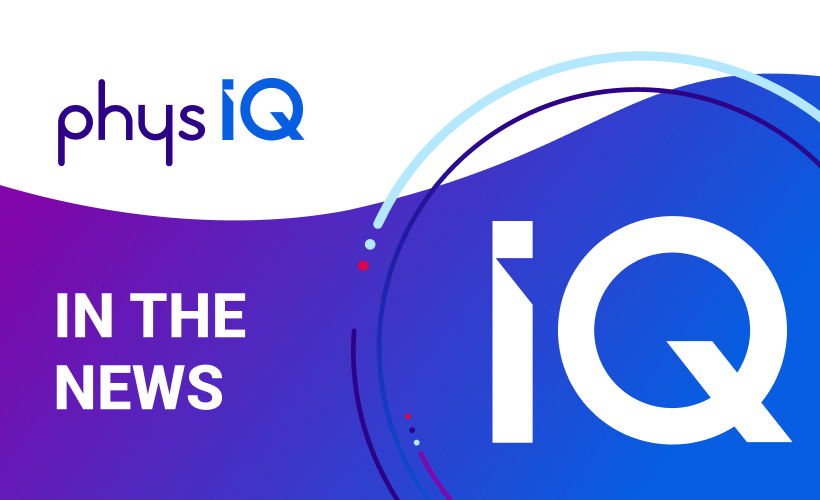Inside an Individual’s Physiological Signature
Originally published in Medical Device & Technology
1 min read
![]() physIQ
:
February 3, 2022
physIQ
:
February 3, 2022

Originally published in FirstWord HEALTHTECH
Science 37 and physIQ announced on Thursday a collaboration to help researchers use remote biosensors and machine learning to create more robust data sets. "This will help increase the number of digital biomarkers and generate insights from continuous data streams to more quickly and objectively demonstrate the safety and efficacy of treatments," the partners said.
Elisa Cascade, chief product officer of Science 37, said the collaboration will enhance the company's Agile Clinical Trial Operating System (OS) and "empowers us to better identify the specific signals within data collected from biosensors and other connected devices to provide sponsors with more predictive biomarkers."
The partners predict the tie-up will produce "objective, predictive and real-time digital measures" to supplement study endpoints collected from biosensors. Science 37 describes its OS as a "full stack, end-to-end technology platform" with centralised networks of patients, telemedicine investigators, mobile nurses, remote coordinators, data and devices. The OS enables up to 15 times faster enrollment, 28% better retention and three times more diverse patient population, according to the company.
Meanwhile, physIQ says its cloud platform continuously collects and processes data from wearable biosensors using a portfolio of FDA-cleared analytics. The company added that its technology enables study sponsors to "efficiently identify valuable digital measures from the large amount of noise inherent in biosensors."
Science 37 went public in October through a merger with blank check company LifeSci Acquisition II. Meanwhile, physIQ recently promoted Chris Economos from chief commercial officer to senior vice president of corporate development, a move it said would help advance strategic partnerships.

Originally published in Medical Device & Technology

Originally published in Pixel Scientia Labs

Originally published in Crain's Chicago